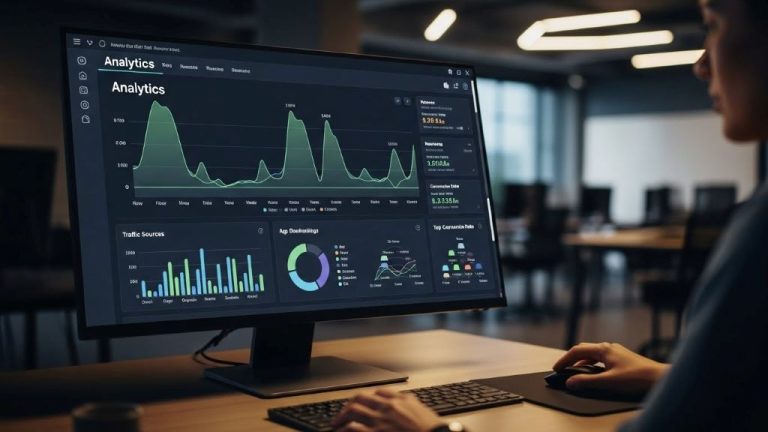
Buying an internet business according to many is easy. They feel that just looking at Google Analytics or the number of hits or page views the business gets along with Google Pagerank and age of the domain are enough. However, this is not the case. You need to be looking at the following areas as well to determine you’re not buying a clunker.
“Past performance is not an indicator of future results” – we see this disclaimer in the asset management world all the time, but it applies to business website acquisition just as much. The website may look great with high Pagerank, lots of backlinks etc, however that’s no assurance that when there is an algorithm change or Google update the same website won’t vanish from the first one hundred results. How can you be sure that the domain is not penalized for too many backlinks? A lot of back links could mean a lot of bad links, so you need to ensure that the questionable ones are removed and the domain is in the good books of Google before you opt to buy it.
Changes in search trends are happening frequently. Earlier people used to search strictly with keywords and nowadays people have migrated more towards questions, so you need to be aware of what long-tail search terms are driving the most traffic now and check if the website that you are planning to buy is optimized for them in semantic search. Check both the particular keyword rankings that are important to the site, and also the overall keyword index – the total number of search terms for which the site is being recognized, as these can uncover new content marketing opportunities.
Speaking of content – the better the content, the better the website will rank on search engines, so you need to check whether the pages are informative and above all, helpful, to consumers. If your product and service pages serve to answer questions you stand to rank for increasing numbers of search terms (Google Hummingbird at play here). Proper meta tag optimization is still important – with the most essential for search engines being the Page Title, and the most relevant for click-through rates being the Meta Description. Take the time to review all, including image Alt tags, H1 tags, and more.
The link profile of a website is still the biggest factor of pages ranking (no matter what some might try and tell you!) so a full review is warranted, and if a penalty is suspected or detected, the extent of it (manual vs. algorithmic) and the time-to-remedy should absolutely be factored into the price of your acquisition, should you still want to go through with it. Check whether the linking practices are helping the site or not. Analyse this information and formulate an approach for the future if you plan to buy the website.
Of course you’ll want to enlist a lawyer and accountant to help you with acquisition. A good lawyer will go through all the documentation and create the necessary legal documents so that you do not have any future legal hassles. Also the lawyer will look at logos, patents, trademarks and copyright information and ensure that you get a good deal. For the technical end of you diligence, you’ll probably want to recruit consultants like SiteHealthAnalysis.com that design their website audits primarily for those buying an internet business.
Make sure you’re getting into something good, that you can then in turn make great. No acquisition is going to be perfect, but by reviewing the areas above you can eliminate a lot of mistakes in the process and get off on the right foot. Who is eyeing up a website purchase currently, and what do you look for in the right fit?



